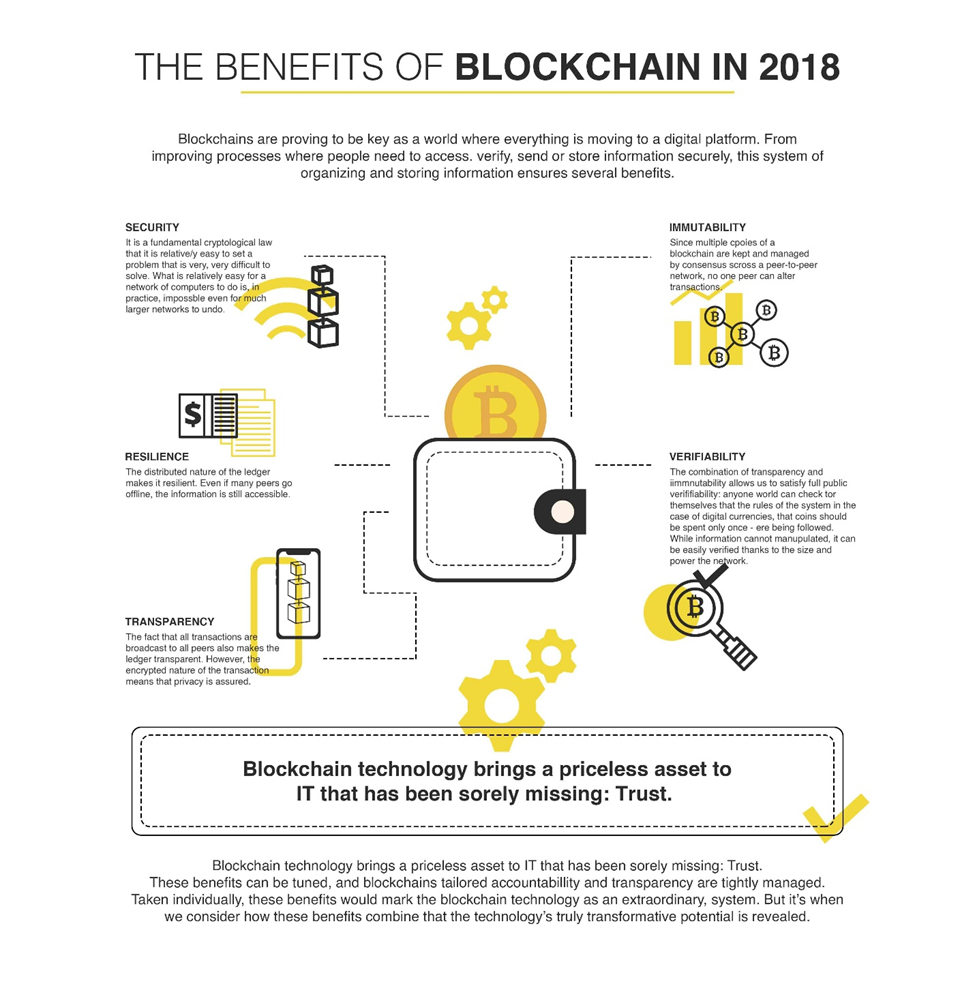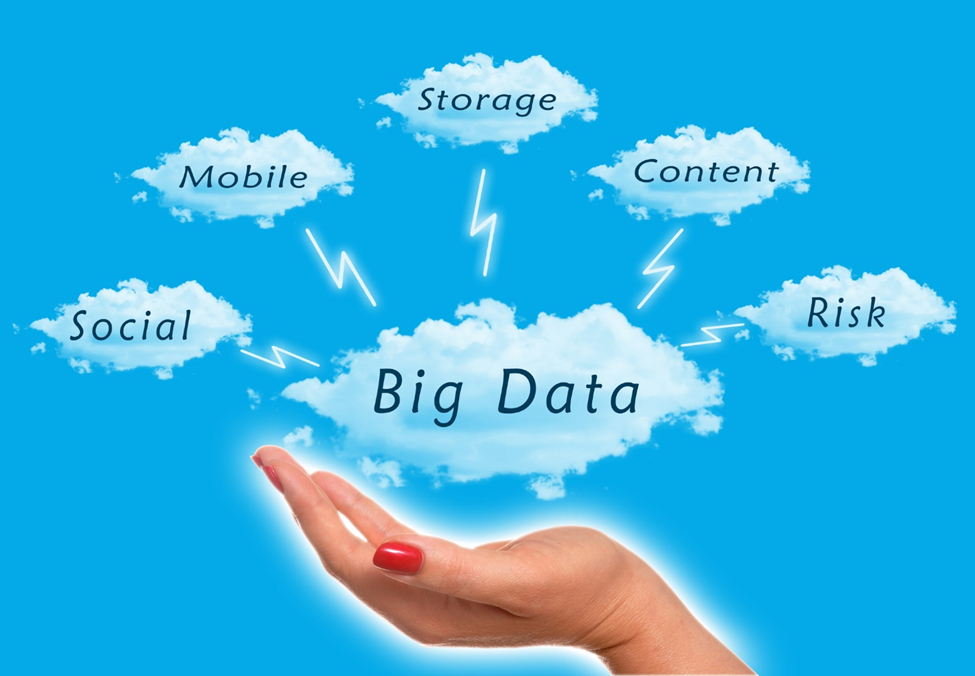Blockchain technology and big data are both starting to merge in ways that have begun to create a demand for methods of utilizing the two technologies as one. They are both disrupting industries in ways that are unprecedented.
When blockchain technology was first introduced into the world, it had been considered exclusive, and businesses never considered using it to manage their data needs. However, that idea has started to change as the demand for information continues to grow.
Some experts are starting to come into the light and have found that blockchain technology is a perfect match for big data. Together, they are presenting businesses with plenty of opportunities. Big data has become the most valuable asset in business with projected revenue of over $200 billion by 2020. On that same note, blockchain is expected to be worth even more as it transitions into the realms of data management, micropayments, and financial services.
Blockchain Technology and Big Data are a Match Made in Heaven
Blockchain is a perfect match for big data, and their relationship is moving to the next level. In the past couple of years, blockchain has been at the forefront of computer technologies. This technology is one of the most secure in the world. It works as a system of “blocks” where records are stored and then verified by multiple sources. This decentralization is what serves as the most significant benefit.
For example, when a new record is added, several systems verify it for authenticity. Then if something looks off in even one of these systems, the block is then examined more closely. Different machines will hold the same information, so when one of these machines has corrupt data, it is not allowed into the blockchain. This is a failsafe that ensures the accuracy of all data. Blockchain for big data is far more accurate than any other form of data management since data is compared from several different sources.
For instance, we see the medical industry using blockchain technology to ensure that their data is accurate. Data quality is essential for hospitals, so blockchains are used as a way to verify data accuracy. Certain risks come with inaccurate data, such as misdiagnosis. Blockchain technology is used to eliminate that risk.
With that in mind, the medical industry is not a place where blockchain can have a significant impact. It carries these same benefits into every sector. Right now, we’re seeing blockchain technology being used in the financial industry, government sector, and global supply chains. My point is that no matter what industry your business is in, blockchain can benefit your data strategy.
Data Has Greater Transparency
Transaction history is much to track in a blockchain since there will be a data trail left across multiple devices. It’s a ledger that is distributed across many machines so the entire network will have access to this trail. This means that records cannot be updated without consensus from all devices that are part of the blockchain. So, for someone to update a record, they would need collusion from the entire network.
All these factors make data in the blockchain much more accurate and transparent. It’s available to any member who is granted permission.
Blockchain for Big Data Offers Enhanced Security
Many different factors make blockchain technology more secure than other forms of data management. The first and most obvious benefit is that blockchain is managed across multiple devices.
Furthermore, information within a blockchain is stored in several different locations, so the risk of losing data is negligible. Hackers also have a more difficult time compromising data stored in a blockchain.
Enhanced security is why so many financial services are moving their data over to a blockchain system.
Lower Transaction Cost
Blockchain technology eliminates the middle man from a transaction, making direct business-to-business transactions possible. Ledgers are stored openly, so there is no need for a third-party to supervise or verify the transaction. This eliminates the cost of transactions. As a result, these reduced costs can trickle down to customers as well.
Transactions are Faster
Another huge selling point is that blockchain transactions are much faster. Think about when you use your debit card. A deal can be “pending” for several days before it’s settled. This delay in transaction settlement is caused by many factors including operational hours and company protocols that are required to verify transactions.
Blockchain speeds up transactions because of ledgers maintained across multiple devices. First of all, a blockchain is updated 24 hours a day, seven days a week, so that alone makes transactions faster.
A Blockchain is Decentralized
Finally, blockchain is not dependent on a central data hub since information is stored across multiple devices. This feature alone has a lot of benefits and is what makes blockchain so appealing. Instead of running everything through a data center, blockchains have their unique way of authorizing records. This is some throughout the whole network. Once verified, the ledger is updated. This keeps the data centralized in the system and eliminates a lot of potential data quality issues that occur with centralized databases.
Final Thoughts
Data analytics can be improved using blockchain for big data. We’ve seen so many big businesses benefit from it. It’s providing firms with a significant advantage due to the enhanced security and data accuracy. The foundation is built around an idea that guarantees both of those essential features.
Some businesses are even having their data entry outsourced to convert physical records into a digital format so that they can store it in a blockchain.
Auditing is also made easier because of the historical accuracy of data in the blockchain. Records are not deleted when updated. Instead, a new data cluster is created, but older ones can be accessed if needed.
In the coming years, blockchain technology is likely to become the most in-demand data technology in the world.


